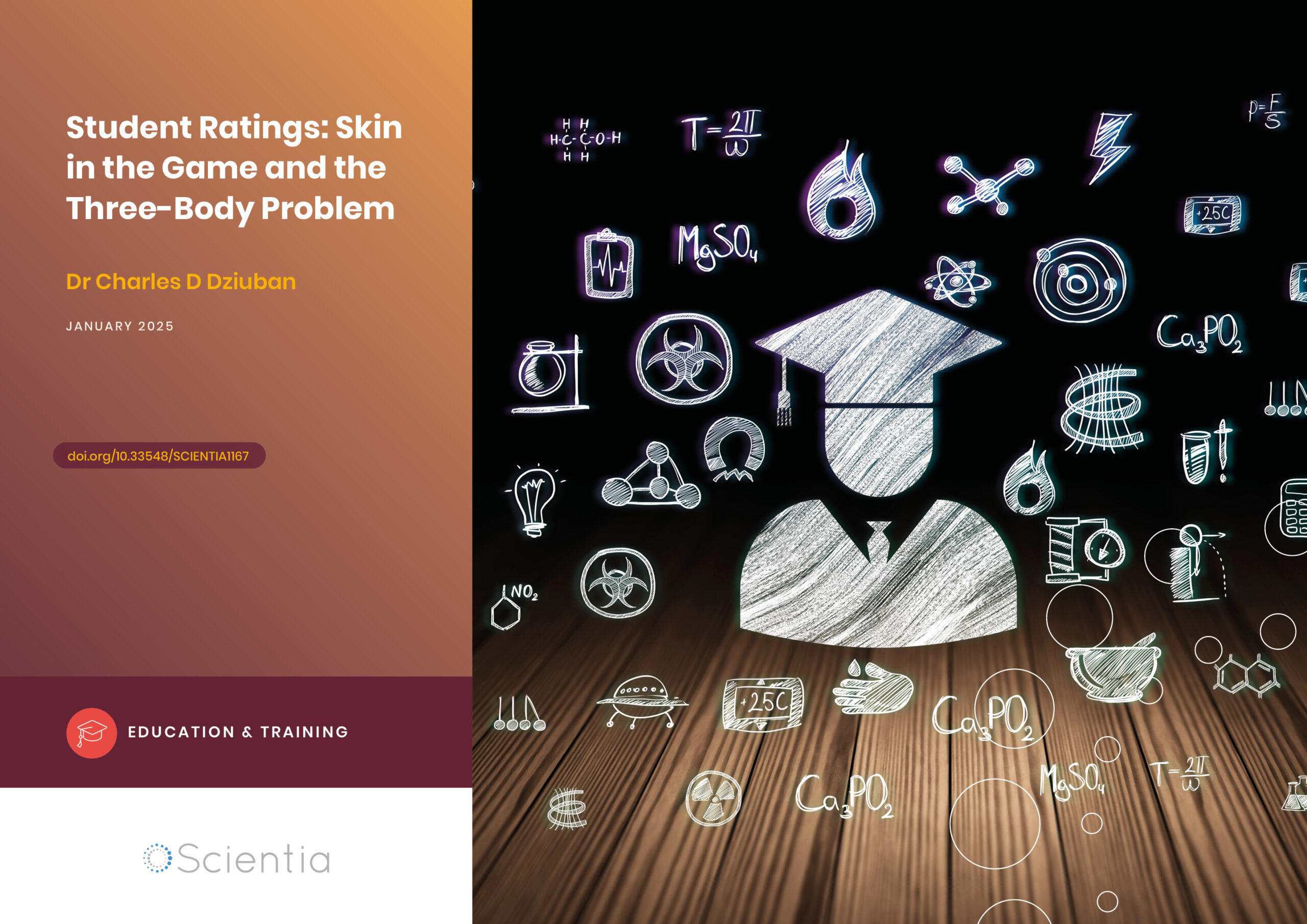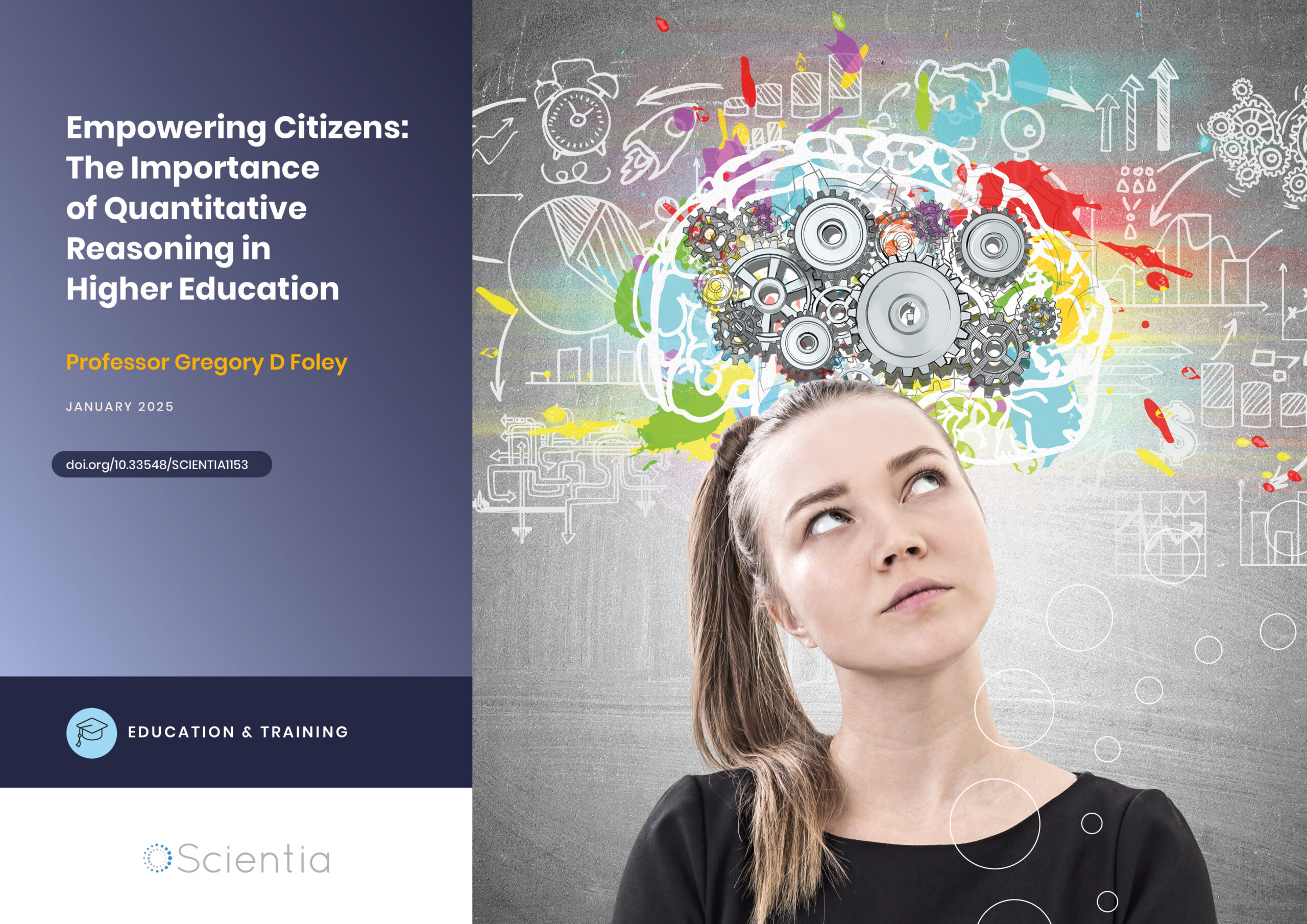Michael Y Schakelaar | Hybrid PhDs: Integrating Biomedical and Educational Research
Biomedical science-based PhDs are often research-focused, designed to hone a candidate’s expertise in a specific field. However, subsequent careers in university settings frequently entail substantial teaching responsibilities, with PhD graduates unprepared for the dual roles of researcher and educator. Hybrid PhDs aim to better equip graduates for academic careers by integrating highly specialised scientific knowledge with educational research. PhD candidate Michael Y Schakelaar of University Medical Center Utrecht (Utrecht University), The Netherlands, provides an outstanding example of how this can be achieved.
A Novel Approach to Doctoral Studies
A doctoral degree (known as a PhD) is the highest level of education that can be achieved. PhDs can be structured in various ways, usually according to the discipline in which the research is undertaken. In scientific fields, PhDs generally involve intense research surrounding a research question, culminating in practical skills, academic papers, and a thesis.
A common career path for those wanting to stay in academia involves postdoctoral research, teaching, or a mixture of both. At the time of graduation, PhD candidates will have established in-depth knowledge in their specialised field, but many will have little to no didactic experience with only a limited understanding of educational research. This is problematic because scholarly teaching is typically a considerable and demanding requirement, particularly in the early stages of an academic career. This is compounded by scientific communication experience during a PhD being primarily restricted to interactions with other academics. As such, recent PhD graduates may lack skills in translating their specialised knowledge into smaller, digestible concepts necessary for an educational setting or for effective communication towards society.
Integrating educational research with health sciences is a novel approach, particularly in the field of biomedical sciences. One showcase example is Michael Y Schakelaar of the University Medical Center Utrecht (Utrecht University) in The Netherlands. His PhD exemplifies this integration, where his time is equally divided between biomedical and educational research. This balanced approach prepares him to pursue a career involving both cutting-edge biomedical research and scholarly and evidence-based education, an opportunity typically lacking in doctoral studies. Michael and his mentor, Professor Niels Bovenschen, believe that training PhD candidates in two disciplines, such as these, creates π-shaped professionals who can be described as multifaceted professionals who build bridges between disciplines and collaborate effectively.
How the Approach Works in Practice
As a PhD candidate in the Graduate School of Life Sciences at Utrecht University, Michael dedicates half his time to the ‘Infection and Immunity’ programme and the other half to the ‘Life Sciences Education Research’ programme. His biomedical research focuses on immunotherapy in medulloblastoma, the most common malignant paediatric brain tumour. Ongoing projects involve investigating pathways related to cell death (apoptosis), an important pathway in cancer progression. His work also involves exploring combinations of viruses that target cancer cells (oncolytic virus therapy) with treatments that enhance the immune system’s ability to fight cancer (immune checkpoint therapy and cellular therapy).

Synthesising Biomedical and Educational Research
Michael has developed large-scale laboratory practicals and other hands-on activities. One example is his immune checkpoint practical, which illustrates his synthesis of biomedical and educational research. Large cohorts of undergraduate students from varied programmes, including Biomedical Sciences, Medicine, and Care-Health-Society, designed their own practical by choosing a specific laboratory technique, immune checkpoint pair, and cell/tissue model. An immune checkpoint pair consists of a receptor on immune cells and its binding partner, which regulates immune responses by activating or inhibiting them. The cell/tissue model describes the system involved in this immune response. The goal of this practical is to explore whether specific molecules that control the immune system are present in different tumour and immune cell samples. Students can choose to either confirm a literature result or innovate biomedical research.
Importantly, the results and knowledge gained from this practical exercise are entered into a database, making them accessible to biomedical researchers for investigating potential medical treatments. This provides students with practical experience and allows them to contribute to vital biomedical research early in their academic journeys, providing a tangible connection between their studies and real-world applications.
Michael’s educational research further includes evaluating education in so-called Student Research HUBs. These are dedicated innovation spaces, each with specific expertise, where students can perform authentic, ‘non-cookbook’ research, allowing the freedom to lead inquiry-based experiments. One example is the course continuum ‘A challenge-based interdisciplinary undergraduate concept fostering translational medicine’ recently published in Biochemistry and Molecular Biology Education.
In this study, translational medicine (TM), a field of biomedicine that relates bench (i.e., laboratory research) to bedside (i.e., patient care), is delivered to undergraduate students. Usually, TM isn’t taught during undergraduate programmes, although it facilitates the development of a range of important transdisciplinary skills, such as communicating effectively and thinking critically. Students reported that they had progressed in these skill areas and were more motivated because their work felt relevant and important, involved patients, and provided a realistic view of biomedical research.
Another publication, this time in the prestigious journal Nature, focuses on implementing international collaborations within research-based education and illustrates how Michael’s initiatives within his PhD can provide students with a robust, hands-on educational experience while contributing valuable data to the scientific community.
Should Hybrid PhDs Become the Norm?
Michael’s research synergy is created by implementing his biomedical research within research-based educational settings. For example, he has shown how relevant and meaningful biomedical data can be obtained whilst simultaneously teaching important academic skills through the immune checkpoint practical.
Although many PhD candidates who want to stay in academia are required to teach, most may not be prepared to do so scholarly and evidence-based after completing regular PhDs in their chosen academic field. Thus, should this be the desired career of a PhD candidate, access to this integration of teaching and educational research within their PhD would provide a unique opportunity to enhance their professional background while contributing to relevant scientific research, resulting in a more holistic, comprehensive skill set to carry into an academic position.
SHARE
DOWNLOAD E-BOOK
REFERENCE
https://doi.org/10.33548/SCIENTIA1121
MEET THE RESEARCHER

Michael Y Schakelaar
Department of Pathology, University Medical Center Utrecht, Utrecht University, Utrecht, Netherlands
Michael Schakelaar is a PhD candidate at University Medical Center Utrecht (Utrecht University) in the Netherlands. Since September 2022, Michael has been working towards completing a hybrid PhD, comprising 50% biomedical research into immunotherapy in medulloblastoma, and 50% educational research into academic skill development. In 2022, he obtained his MSc degree in Biomedical Sciences (cum laude) from Utrecht University. He is the (co-)author of several peer-reviewed scientific publications. Michael describes himself as spontaneous, driven, enthusiastic, and involved. He enjoys being challenged and insists on delivering high-quality work.
CONTACT
E: m.y.schakelaar-5@umcutrecht.nl
W: https://www.bovenschenlab.com/team/michael-schakelaar-msc
X: www.linkedin.com/in/MichaelYSchakelaar
KEY COLLABORATORS
Professor Dr N Bovenschen, University Medical Center Utrecht, Netherlands
Professor Dr A van Royen-Kerkhof, Utrecht University, Netherlands
Dr T ten Broeke, University Medical Center Utrecht, Netherlands
Dr S van Geelen, Utrecht University, Netherlands
PRIZES
Best Research Proposal, €15k, 2019; Bachelor course Pathology. Topic: PLNR14del Cardiomyopathy
FURTHER READING
M Schakelaar, et al., Uniting education, research, healthcare, and society to advance women’s heart health, The Journal of Experimental Medicine, 2024, 221(11), e20240877. DOI: https://doi.org/10.1084/jem.20240877
MY Schakelaar, Q Bassat, CM Comiskey, et al., Linked research hubs train students to tackle societal challenges, Nature, 2022, 611, 449. DOI: https://doi.org/10.1038/d41586-022-03665-w
MY Schakelaar, M Monnikhof, S Crnko, et al., Cellular Immunotherapy for Medulloblastoma, Neuro-Oncology, 2022, 25, 617–627. DOI: https://doi.org/10.1093/neuonc/noac236
FA Valentijn, MY Schakelaar, MA Hegeman, et al., A challenge-based interdisciplinary undergraduate concept fostering translational medicine, Biochemistry and Molecular Biology Education, 2023, 52, 198–209. DOI: https://doi.org/10.1002/bmb.21804

REPUBLISH OUR ARTICLES
We encourage all formats of sharing and republishing of our articles. Whether you want to host on your website, publication or blog, we welcome this. Find out more
Creative Commons Licence (CC BY 4.0)
This work is licensed under a Creative Commons Attribution 4.0 International License. 
What does this mean?
Share: You can copy and redistribute the material in any medium or format
Adapt: You can change, and build upon the material for any purpose, even commercially.
Credit: You must give appropriate credit, provide a link to the license, and indicate if changes were made.
SUBSCRIBE NOW
Follow Us
MORE ARTICLES YOU MAY LIKE
The BASIL CURE Initiative: Transforming How Students Learn Biochemistry Through Real Research
Teaching students how to think like scientists is a critical but challenging goal in biochemistry education. The Biochemistry Authentic Scientific Inquiry Lab (BASIL) initiative was conceived by Dr Paul Craig from the Rochester Institute of Technology and is led by colleagues across multiple institutions. They have developed an innovative curriculum that transforms traditional cookbook-style laboratory courses into authentic research experiences, also known as a Course-based Undergraduate Research Experience (CURE). By investigating real proteins with unknown functions, students learn essential scientific skills while expanding our knowledge of protein biochemistry.
Professor Jean-Anne Stewart | Making Virtual Action Learning Effective for Leadership Development
New research shows that virtual action learning can be just as beneficial as face-to-face sessions for developing leadership skills, when implemented thoughtfully. A UK study of over 300 senior leaders by Professor Jean-Anne Stewart of Henley Business School at the University of Reading found that with proper facilitation, virtual action learning enabled valuable peer support, actions and reflection time, even during the challenges of the COVID-19 pandemic.
Dr Charles Dziuban | Student Ratings: Skin in the Game and the Three-Body Problem
An ongoing concern in higher education is how to include the student voice in teaching. Dr Charles Dziuban has dedicated much of his career to examining student and faculty outcomes as well as gauging the impact of online, blended and lecture capture courses in universities in an effort to improve the educational experience for students. On the basis of his work, he now presents a model for effective teaching and evaluation based on capturing the student voice.
Professor Gregory D Foley | Empowering Citizens: The Importance of Quantitative Reasoning in Higher Education
Despite a growing emphasis on Quantitative Reasoning in education, particularly as universities develop courses that move beyond traditional math, its role in fostering critical citizenship remains underexplored. Professor Gregory D Foley’s research studies the perspectives of instructors on teaching Quantitative Reasoning at university and examines how these courses can promote critical citizenship. By evaluating practical teaching approaches, the study highlights the evolving role of quantitative reasoning in preparing students for thoughtful civic participation.





